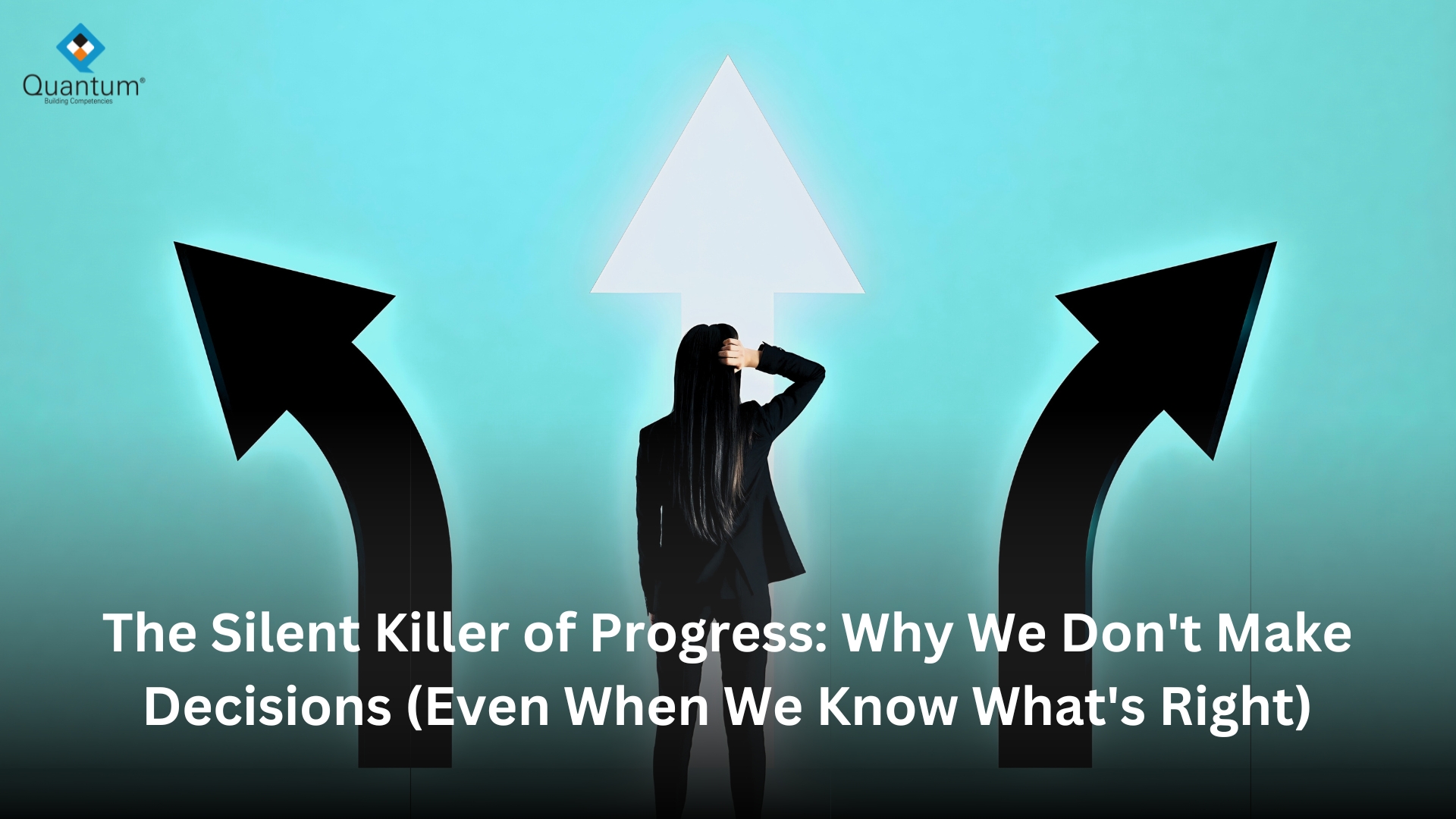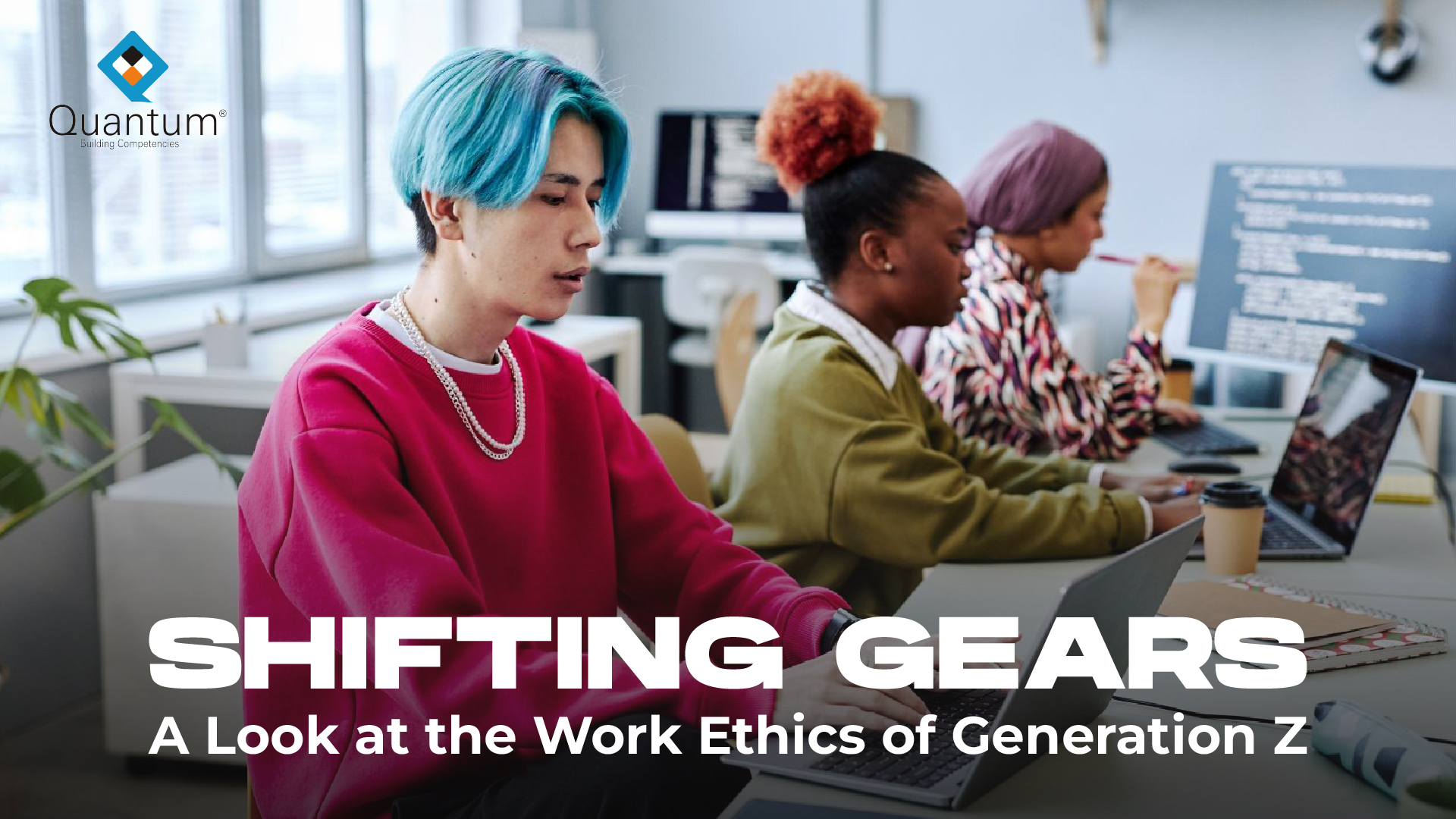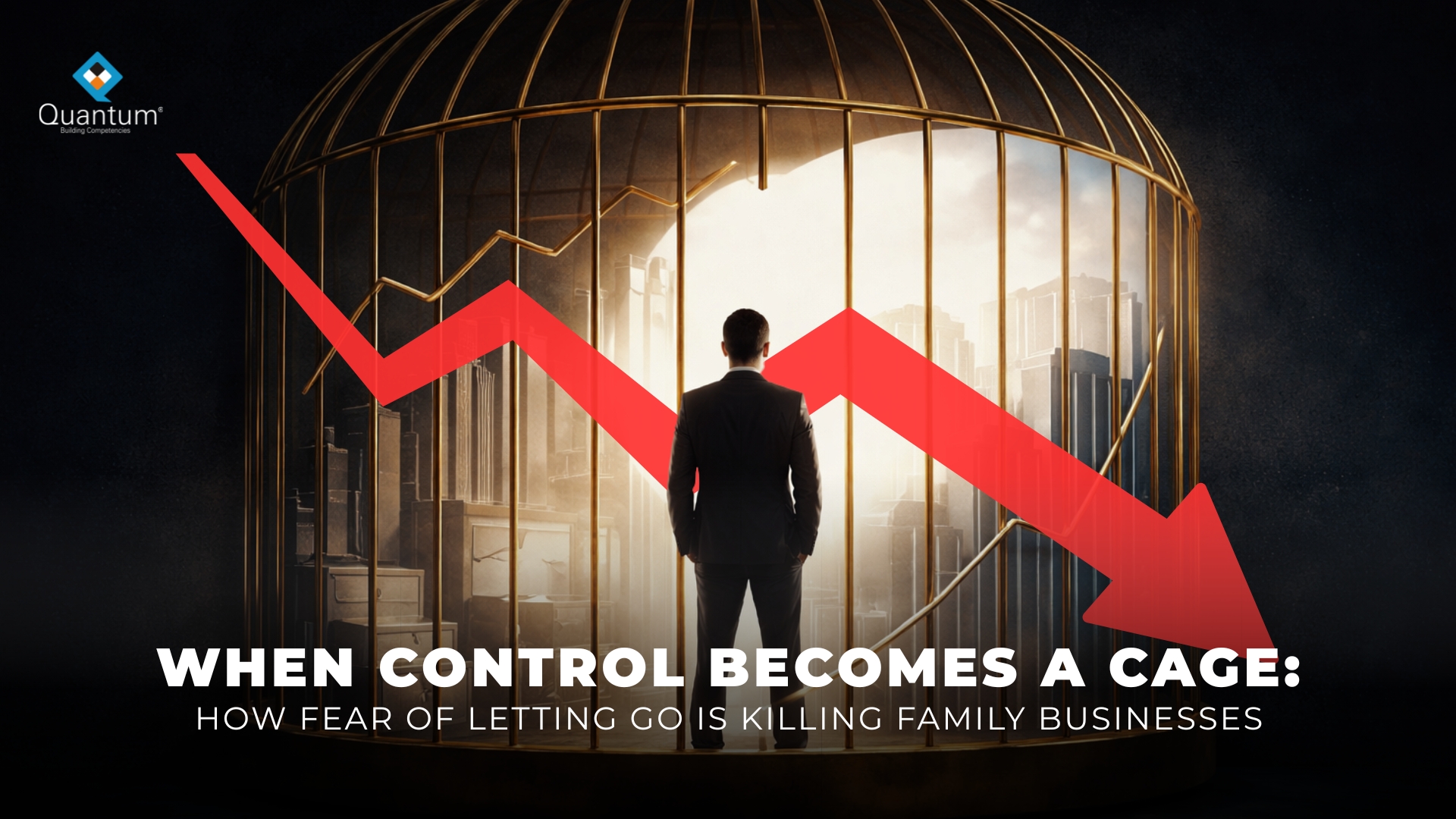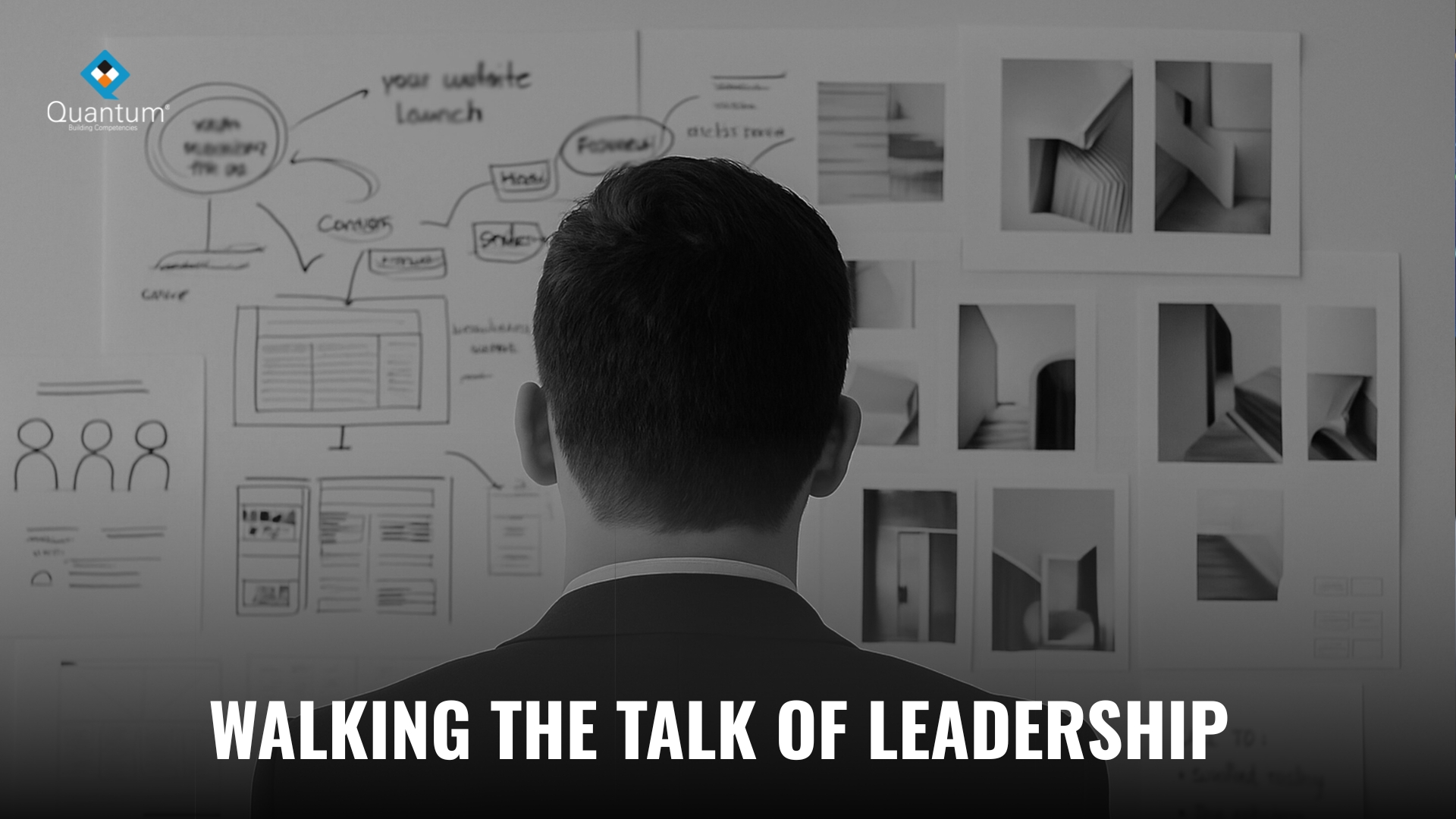
The Silent Killer of Progress: Why We Don’t Make Decisions (Even When We Know What’s Right)
The Monday Morning Meeting, Scene 1 CEO: “So, are we going to go ahead with the launch of the new

Abstract:
In the workplace, members of Generation Z have shown an unusual elasticity of loyalty, which is the subject of this article. The millennial generation sees employment more like a subscription service, which they can quit whenever they choose without paying a penalty, in contrast to earlier generations who considered jobs as careers that lasted a lifetime. Gen Z’s superficial dedication, system aversion, and entrepreneurial impatience are brought to light in this study through the use of office ethnographies, sarcastic observation, and the rare HR treatment session.
Getting Started
Factories were made possible by the Industrial Age. Cubicles were a product of the Information Age. Thanks to Generation Z, we now have standing desks, bean bags, and people who write their resignation letters on pastel-gradient Canva templates.
In contrast to other generations, which placed an emphasis on discipline, hierarchy, and incremental growth, members of Generation Z place a premium on immediate satisfaction, endless job-hopping, and yet manage to use their LinkedIn profile like Tinder, swiping jobs as quickly as they swipe dates.
The Human Resources Department’s Field Notes on Imaginary Office Dialogue
Position: open-concept workplace, early Monday morning.
To the manager: Now that you’ve entered your second week, Aarav. Where does the project stand at this point?
Gen Z intern Aarav: “Oh, I’ve come to the realisation that this role isn’t a good fit for my vibes. Currently, I’m more interested in the synergy between the crypto-metaverse.
To the manager: You only joined last Tuesday, though.
If you were Aarav: “Indeed. It is. Yes, that’s right, a week. In the years of Generation Z, that is a long-term commitment.
Setting: online town hall meeting on Thursday afternoon.
People Resources Manager: “We prioritise orderliness, timeliness, and faithfulness to procedures.”
The associate from Generation Z, Mehak: switches off the camera Sorry, I’m having trouble connecting to the internet. Could we perhaps have Fridays off as well? On Mondays as well? Could we, in fact, focus solely on vibe-based deliverables?
“What exactly does that imply?” CEO:
My name is Mehak. For example, I will submit the report if I am in agreement. In that case, it’s harmful production.
A Framework Based on Theory
In Freudian psychoanalysis, the Id, Ego, and Superego were discussed. Regarding the psychology of millennials at work, these have transformed into:
I should get a rise since I created the mood board for the customer presentation, says the id.
“I’m leaving,” says the ego. Unfortunately, oat milk does not go well with workplace coffee.
The Superego: “I’ve changed my LinkedIn profile to read: ‘Seeking opportunities to challenge antiquated systems.'”
Thoughts
1. The Competitive Sport of Job-Hopping
Resumes used to reflect consistency, but now they seem more like train schedules: three months here, four months there, with “freelancing” in between.
2. The Reluctance to Process
Generation Z will try to use a system that has three phases, but they will miss the second one and then post about how “broken” the system is on Instagram stories.
3. The inflation of salary expectations outpaces
The rate at which the office air conditioner cools down during power outages. “After watching three leadership-related videos on Coursera, I realised I needed a 25-LPA package.”
Group Talk
Adaptability, rather than depth, is Gen Z’s survival toolkit in a volatile, uncertain, complex, and ambiguous (VUCA) world. In comparison to the lifespan of a popular meme, their “long-term vision” is very fleeting. Processes were once seen as necessary evils by older generations, but today’s youth view them more as recommendations, like those boring terms and conditions that no one bothers to read.
Final Thoughts
Generation Z, in a satirical sense, could be described as entrepreneurs of attention, putting their money into experiences rather than businesses so they can turn them into Instagram stories. They may be irreverent towards discipline, but organisations may have to pay a price for their youthful energy, potential for invention, and impatience, which challenges legacy models.
As one made-up HR manager let out a big sigh during an employee’s farewell interview:
“They didn’t merely leave the job; they left the concept of jobs altogether.”
Most important thing for leaders to do: Leverage Gen Z’s work ethic instead of fighting it. To keep them from quitting all the time, provide them with small assignments with a clear impact and reliable Wi-Fi.
© Dr. Pratik P. SURANA (Ph.D.)
Quantum Group.
#GenZAtWork #WorkplaceSatire #FutureOfWork #LeadershipMindset #DrPratikSurana #QuantumGroup #TalentManagement #HRInsights

The Monday Morning Meeting, Scene 1 CEO: “So, are we going to go ahead with the launch of the new

Scene 1:The Sharma & Sons Pvt. Ltd. boardroom on Monday morning Arjun, the son, said, “Dad, I think we should

“Culture eats strategy for breakfast.” What most leaders forget is that culture eats leaders first. Peter Drucker articulated this decades